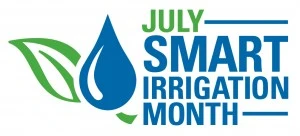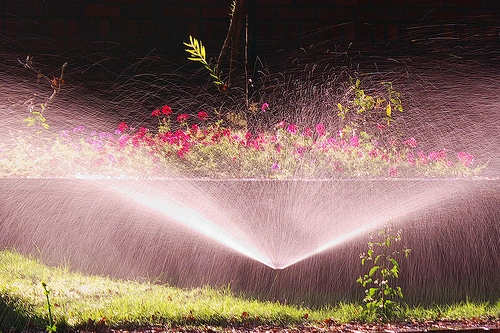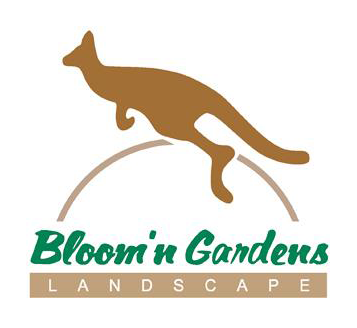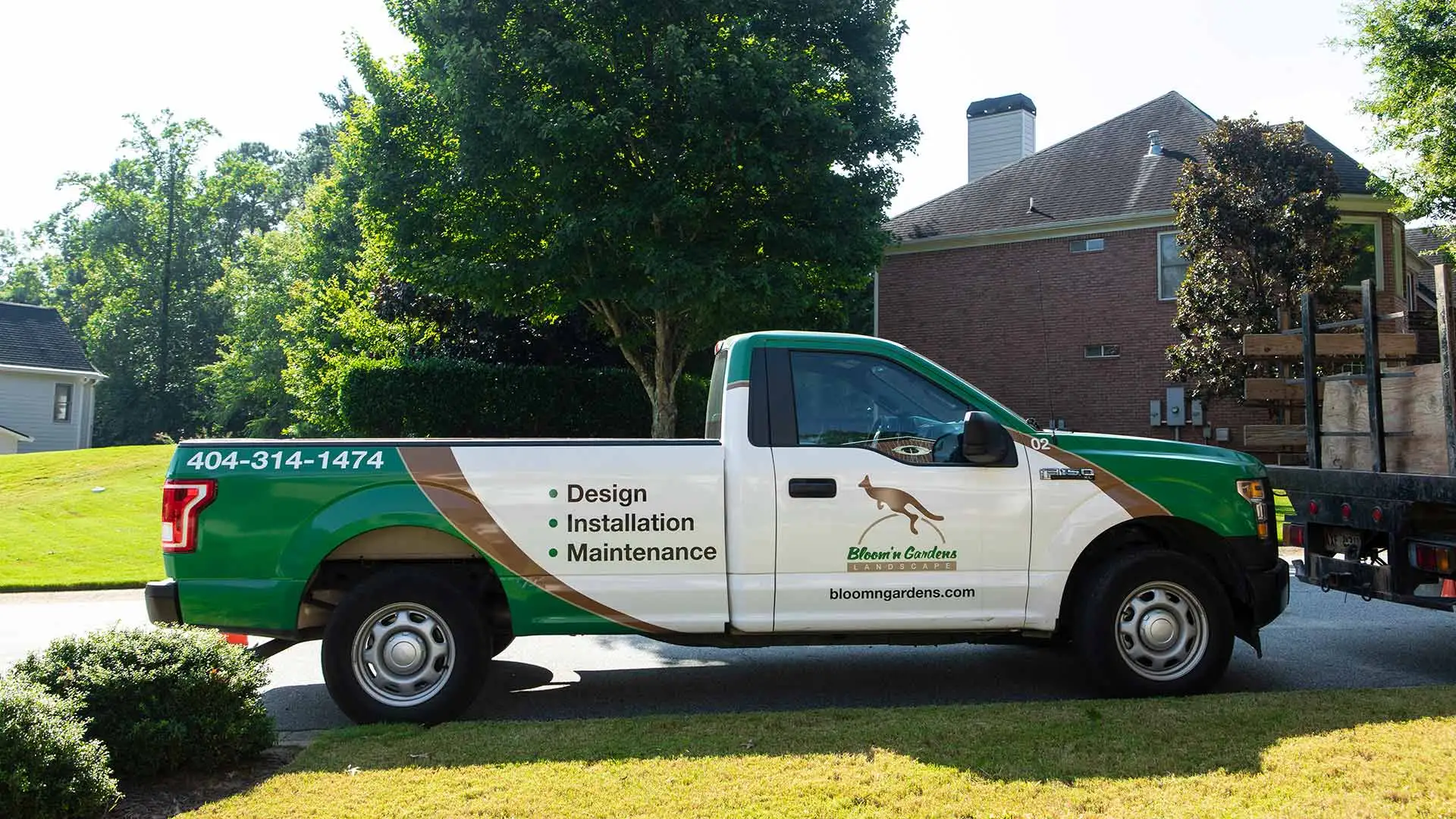Usually during the summers in Georgia landscapers, homeowners, and business owners are worried about drought; this regularly brings up the topic of irrigation and watering techniques, and which techniques or tricks you can apply to your garden space. As this year has been filled with enough rain to welcome an ark, irrigation is probably one of the furthest things from your mind, but a great landscaper knows that irrigation doesn’t just help in times of drought, but also when the rain doesn’t seem to stop.

July is Smart Irrigation Month
This month is National Smart Irrigation Month, a particular time in which we can all trade tricks for better irrigation, share tips, and apply these techniques to our landscapes. Proper irrigation helps your gardens, flower beds, vegetable patches, and lawns get the water they need while helping to curb the negative side effects of over-watering. By making use of the most efficient watering techniques for your landscaping, you save money, water, and even can produce a stronger and healthier yield on your blooms and bounty.

Raise your landscape’s Irrigation IQ
Ready to make your landscape irrigation smarter? There are a few tricks of the trade to help. Some of these you could do yourself, but Bloom’n Gardens is here to help should you wish to have a Georgia landscape professional on-hand:
- Install Sensors on your irrigation system: If you’re just using a timer on your irrigation system, you’re missing out on the newer technology available. Now, irrigation systems can come with weather sensors and moisture sensors to help them regulate how much water your landscape needs. These systems take into account the amount of rain you’ve had, weather forecasts for the future, and can even measure the moisture levels in the soil so that your beds are only getting water when they need it.
- Consider different forms of irrigation systems: Pop up, sprinkling irrigation systems are effective, but they’re not the most efficient irrigation systems in Georgia. Check out drip irrigation systems. These systems water a more targeted area, but do so through dripping water rather than spraying it, keeping more of it on your plants and less of it in the wind on a breezy day.
- Plant smart. Smart irrigation isn’t just about the system itself, but also the garden and landscape being watered. Group plants with similar moisture needs together and adjust settings or watering habits to suit their needs.
How do you help conserve water and raise your irrigation IQ? Tell us your tricks of the trade in a comment.



Comments (0)
Thanks for your comment!
Thanks for your feedback! Your comments have been successfully submitted! Please note, all comments require admin approval prior to display.
Error submitting comment!
There is a problem with your comment, please see below and try again.